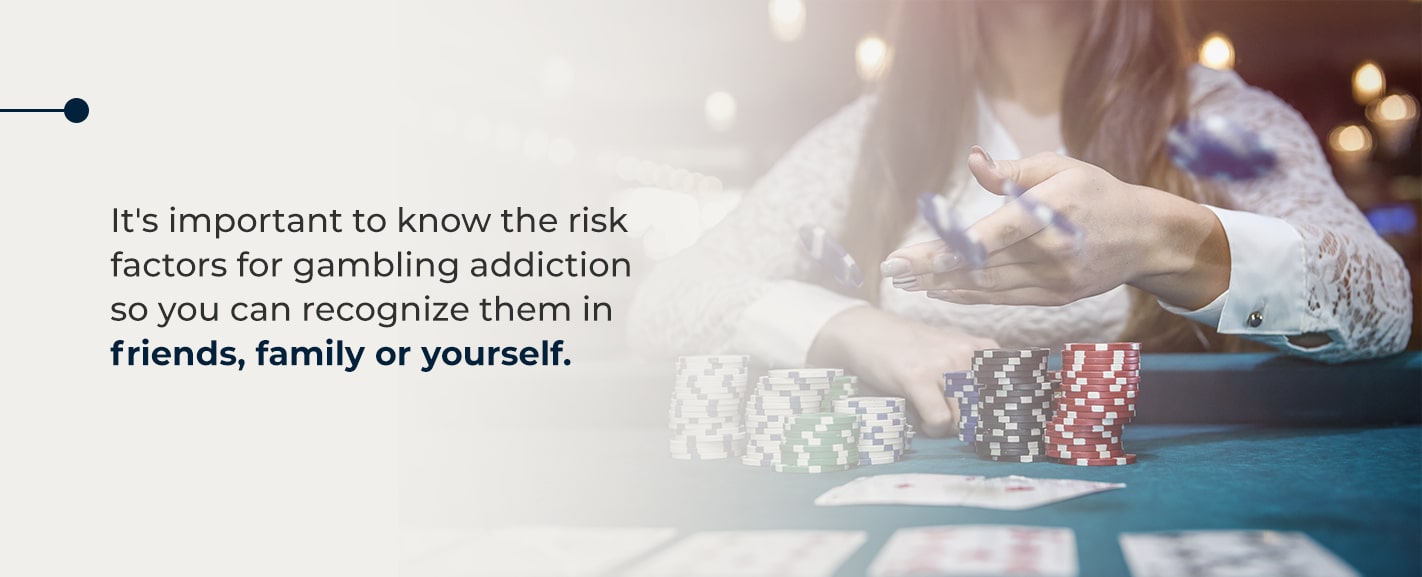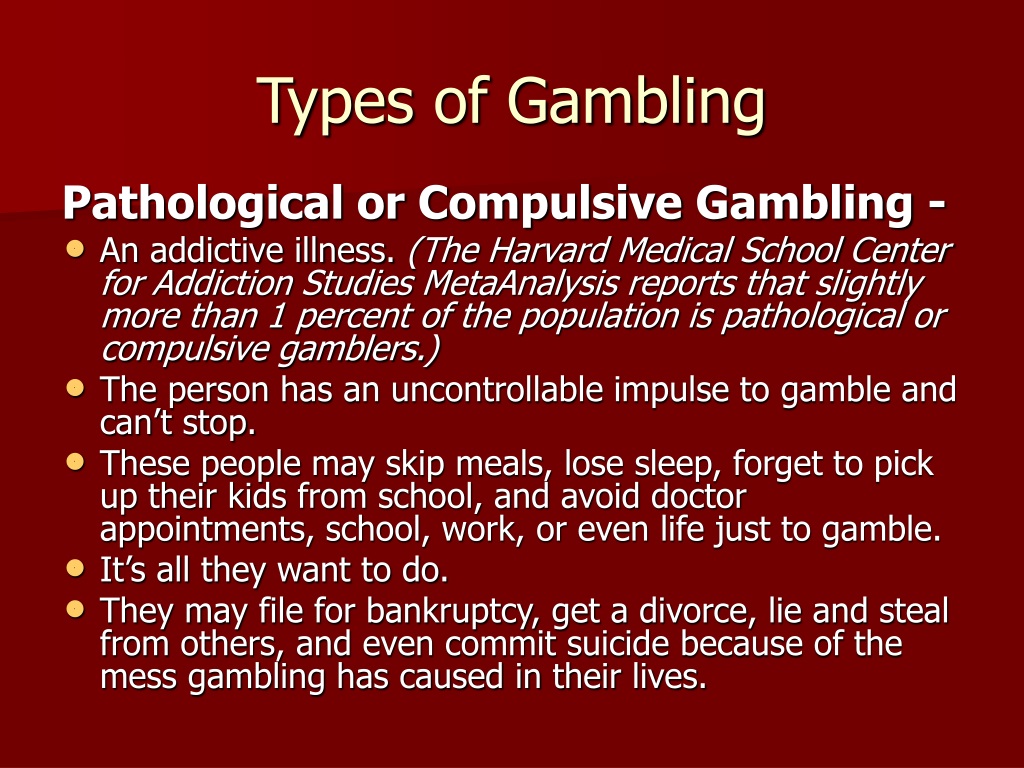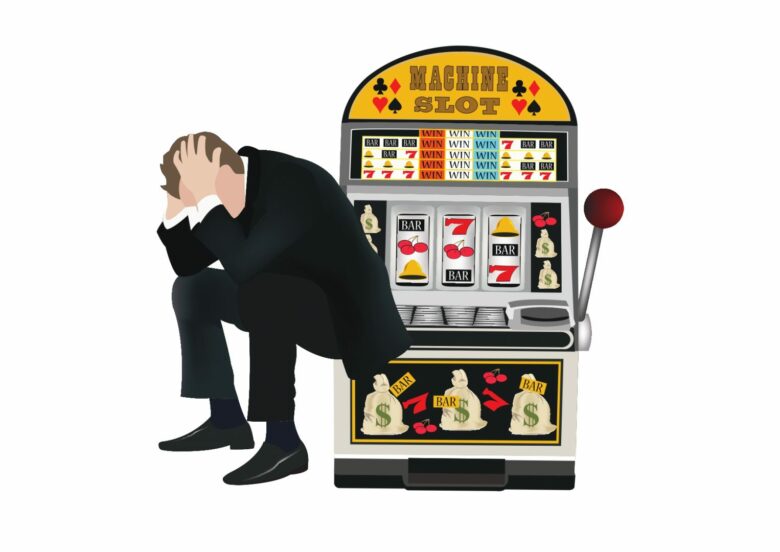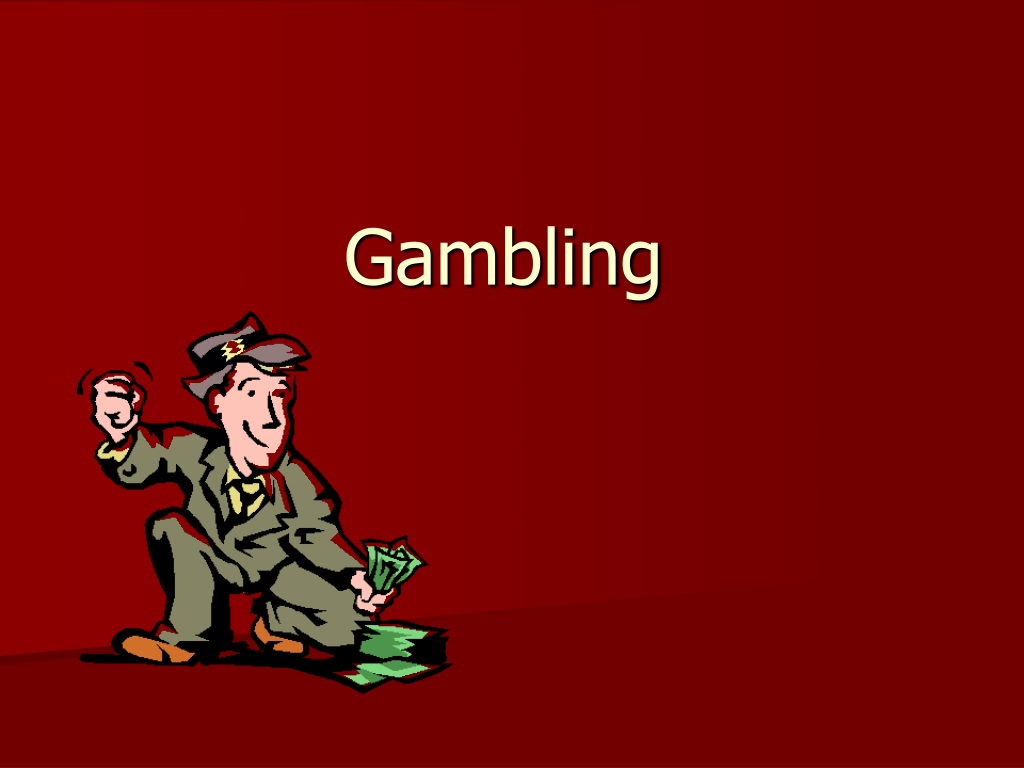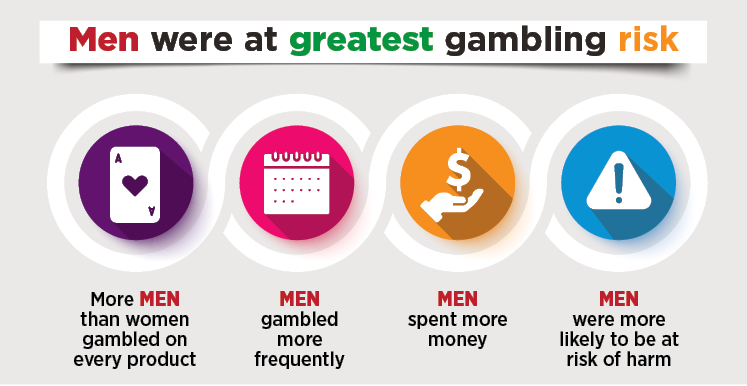Gambling Is An Example Of Which Type Of Risk
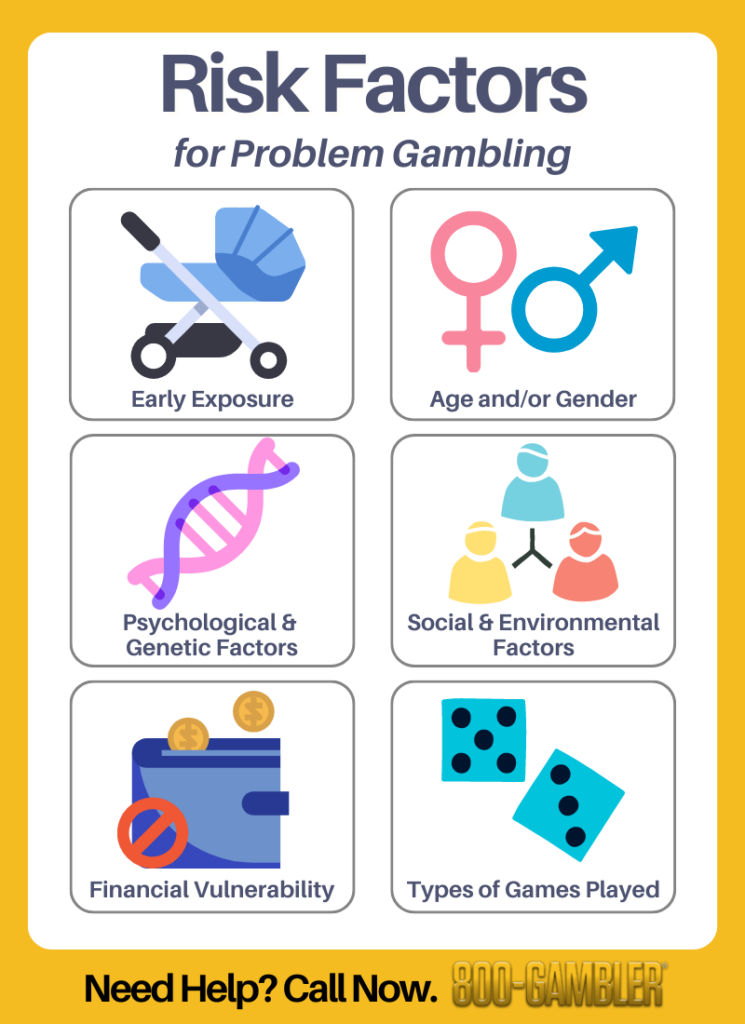
For many, the allure of casinos, sports betting, and online games of chance is a recreational pastime. However, behind the flashing lights and the thrill of a potential win lies a complex question: What type of risk does gambling truly represent?
The answer, while seemingly straightforward, requires a nuanced understanding of risk management. Gambling is primarily categorized as a speculative risk, a type of risk characterized by the possibility of both loss and gain. It’s a deliberate undertaking, unlike pure risks which only present the possibility of loss.
The core distinction between speculative and pure risk is crucial for understanding gambling's nature. Pure risk involves events like accidents or natural disasters, where the outcome is invariably negative. In contrast, speculative risk embraces the uncertainty of financial markets, business ventures, and, of course, gambling.
Understanding Speculative Risk in Gambling
Unlike insurance, which aims to mitigate pure risks, gambling actively embraces speculative risk. The gambler willingly exposes their capital, their money, to the chance of loss, hoping for a potentially greater return. This inherent duality – the chance of winning and the near certainty of losing over time – is what defines gambling as a speculative risk.
Consider the odds. Casinos and betting platforms operate on a principle called the "house edge." This edge ensures that, over the long run, the house always wins.
This doesn't mean individuals can't win in the short term. But, probabilistically, the gambler is engaging in an activity where the expected value is negative. This negative expected value solidifies gambling’s classification as a speculative endeavor.
Gambling's Broader Economic Impact
The speculative nature of gambling also has wider economic implications. Governments often benefit through taxation of gambling revenue.
However, this revenue stream comes with the social costs associated with problem gambling and addiction. These can strain public resources and negatively impact individuals and families.
According to the National Council on Problem Gambling (NCPG), approximately 2 to 3 million U.S. adults meet the criteria for problem gambling. Another 4 to 6 million are considered problem gamblers.
The Individual and Societal Risks
The individual risk associated with gambling is primarily financial loss. However, the speculative nature can quickly escalate into addiction, leading to devastating consequences.
The addictive nature of gambling stems from the intermittent reinforcement schedule inherent in many games. The unpredictable nature of wins and losses creates a powerful neurological feedback loop.
Beyond financial hardship, problem gambling can lead to relationship breakdown, job loss, and even criminal activity. These risks are magnified by the accessibility of online gambling platforms, making participation available 24/7.
The social risk is a concern. "It's easy to get lost in the moment, but remember that the odds are always stacked against you in the long run," says Dr. Emily Carter, a researcher specializing in gambling addiction at the University of Nevada, Las Vegas.
Dr. Carter further states, "Understanding gambling as a speculative risk, rather than a reliable income source, is the first step toward responsible engagement."
Responsible gambling initiatives often emphasize setting limits, understanding the odds, and recognizing the signs of problem gambling. These are essential to mitigate the risks associated with this speculative activity.
Conclusion
Gambling, at its core, represents a speculative risk. It offers the possibility of reward but carries a significant likelihood of loss, especially when viewed through a long-term lens.
While governments may benefit from gambling revenue, it is essential to be aware of the personal and social costs associated with this type of risk. Promoting responsible gambling and providing resources for those struggling with addiction are crucial steps in mitigating these negative impacts.
Ultimately, understanding the inherent speculative nature of gambling allows individuals to make informed choices and engage with this activity responsibly.


